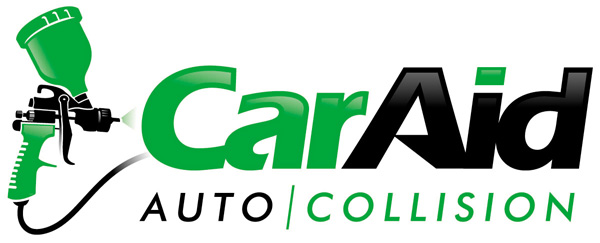What to do after a Car Accident
What to do after a Car Accident
In the unfortunate event of a vehicular accident, an action plan will make a major difference for the safety all involved as well as the protection of property.
Immediately After Accident:
1) Stop
- Stop your vehicle, otherwise, you may be subject to criminal prosecution
2) Protect the Scene
- Move vehicles only if they interfere with traffic, can be driven and there are not serious injuries. If unsure, wait for the police to advise you.
- In the event of the following, do not move vehicles:
- Substantial amounts of leaking fluid near the front of the vehicle
- There is a scent of gasoline or see smoke.
- There is a flat or the body of the car is touching its tires
- Use hazard lights, cones, warning triangles, flashers or flares to signal for help as appropriate. If possible before moving vehicles take pictures of the scene.
3) Check that Everyone is Unharmed
- Make sure everyone is safe and stay cautious. If anyone’s been seriously injured, moving them can aggravate injuries.
4) Call the Police
- A police report file may be needed to file a claim with your insurance company or to make a claim for damage to a vehicle.
- In the event of the following, the police must be called:
- Injury
- The total damage to all vehicles involved is greater than $2000
- If there is suspicious of impaired driving or guilt of a criminal code offence.
- If the police do not respond, call a collision reporting centre within 24hours to fill out a police report and have damage photographed
5) Assessing Damage
- If damage appears minimal and you are able to move the vehicle – notice how the brakes, steering feel. Also, pay attention to strange sounds or new smells which may indicate that the electrical or mechanical systems been compromised.
During Accident: Gathering Info & Documentation
6) Stay Calm
- It’s common in such situations to lose objectivity, and start speculating. Do not voluntarily try to take responsibility or lay blame.
7) Document Scene
- Photograph the scene as soon as possible without interfering in a police investigation. Capture all visible damages to the vehicle and injuries if possible.
8) Exchange Information
-
- Be sure to collect the following information from the other drivers as well as contact information from witnesses. If the police do respond they will provide a police report number
- From drivers and witnesses
- Name
- Address
- Telephone numbers of all involved parties (drivers and passengers)
- Drivers
- Insurance company and policy number,
- number and license plate number from the driver and the owner of each vehicle
- Additionally
- a written description of each car, including year, make, model and colour scene
- the exact location of the collision and how it happened
Need Help Choosing a Body Shop? Contact CarAid
After the Accident:
- Reporting the Accident and Insurance Claims
- The FSCO recommends reporting accidents within 7 days or as soon as possible to ensure your claim is honoured by the insurers. This includes accidents that you may not have been at fault for. Inform your insurers.
- Getting Your Vehicle Repaired
- As the owner of a motor vehicle damaged in an accident, you have the right to choose the shop where you wish it repaired. As long as your insurance company approves the estimate, you may have your vehicle repaired at the repair shop of your choice.

Leave a Reply
Want to join the discussion?Feel free to contribute!